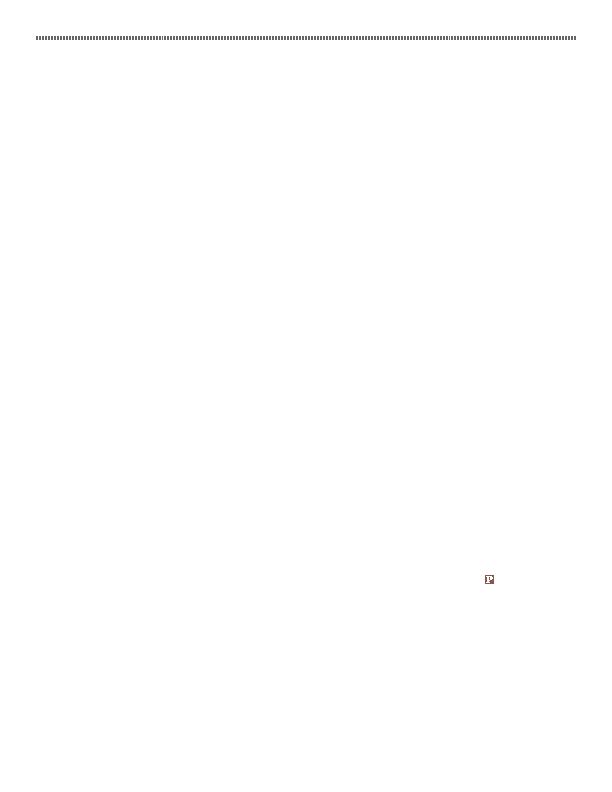
the investigation or inspection by
public agencies, entities or officials,
or intervene in the performance of
their duties, including in the context
of regulatory agencies and agencies
in charge of supervising the national
financial system.
indemnification for damages caused,
the legal entity, in the judicial sphere,
can also suffer (i) forfeiture of property,
rights or amounts obtained from the
infraction; (ii) partial suspension or
interdiction of the legal entity's activities;
(iii) compulsory dissolution of the legal
entity; and/or (iv) prohibition of receiving
incentives, subsidies, grants, donations
or loans from public agencies or entities
and public financial institutions or from
financial institutions controlled by the
government. Additionally, the offending
legal entity is also subject, in the
administrative sphere, to the following
sanctions:
percent to 20 percent of the gross
revenues earned in the financial year
preceding the financial year in which
the administrative proceeding was
commenced, excluding taxes, which
fine shall never be less than the
advantage obtained, whenever such
advantage may be estimated; and
unfavorable decision.
legal entity's gross revenue criteria, the
fine shall range from R$ 6,000.00 (six
thousand reais) to R$ 60,000,000.00 (60
million reais)
Program
Anticorruption Act, the existence of a
compliance program shall be considered
a mitigator in the application of the
sanctions provided therein.
compliance program for the purposes of
fine calculation, as well as the criteria of
fine calculation (among other provisions)
are set forth in the Decree 8420 of March
18, 2015 ("Decree 8420") which regulates
the Brazilian Anticorruption Act.
The Decree 8420 provides that the
implementation and maintenance of an
effective compliance program will be a
mitigating factor when calculating fines
against the offending legal entity.
In accordance with Article 18 of
Decree 8420, the applicable fine imposed
may be reduced in an amount ranging
from 1 percent to 4 percent of the fine
amount if the offending legal entity proves
the existence and implementation of an
effective compliance program, which
shall be evaluated in accordance with the
parameters set forth in Chapter IV of the
Decree 8420.
Article 42 of Decree 8420 establishes
that a compliance program shall be
considered as effective if it fulfills the
following parameters:
management (Tone at the Top);
and conduct for employees, managers,
and third-party vendors;
compliance program;
continually improve the compliance
program;
reflecting the transactions of the legal
entity;
reliability of legal entity's financial
statements and reports;
prevent fraud and corruption in the
context of bidding for government
contracts or in any interaction with the
public sector;
authority of the compliance
department to implement the
compliance program and to monitor
its enforcement;
open and widely disseminated to
employees and third parties, and
mechanisms for the protection of good
faith whistleblowers;
of the compliance program;
interruption of irregularities or
violations and timely remediation of
the damages;
acquisitions, corporate restructurings
and in dealings with third parties;
and corporate restructuring, the
practice of irregularities or offenses
or the existence of vulnerabilities in
legal entities involved;
compliance program; and
regarding donations to candidates
and political parties.
mitigates the chances of corruption act
practices and its implementation costs
are far cheaper than the damages arising
from the commitment of corruption acts.
Brazilian companies are changing
their perspective of a compliance
program, facing it as a competitive
advantage to carry out their business
rather than a cost.
US$ 1,857.59 to US$ 18,575,851.39.